
The Rules of Work
The Unspoken Truth About Getting Ahead in Business
Recommendation
Shortly after author Richard Templar started his career, a boss whom he despised relegated him to the menial job of taking the CEO his morning coffee. Templar used this assignment as an opportunity to chat with the CEO for five minutes each day. One day Templar recommended that the CEO assign his unpopular boss elsewhere in the company. Soon the hated boss was gone, and Templar had learned his first lesson about taking advantage of the unwritten rules of the office. Books like this tend to come across as reiterations of Machiavelli’s The Prince, promoting stratagems that work only if you’re willing to behave like a conniving finalist on Survivor. Yet, this book is actually useable and it has an interesting twist: Templar says it’s only for those who are willing to work harder than everyone else. He writes, "These rules are not for...posers. They are for the really industrious, the talented, the hardworking, the naturally gifted, those who are prepared to put in some effort and burn some oil." Templar’s rules range from obvious to delightfully devious. He upholds ethical boundaries, however, and he’s secure enough to lampoon himself to make a point. getAbstract.com recommends this fun, useful compendium to anyone who could use an official rulebook, spiced up with a little attitude, for the game of office politics.
Summary
About the Author
Richard Templar writes books on business topics. His work includes I Don’t Want Any More Cheese - I Just Want Out Of The Trap!








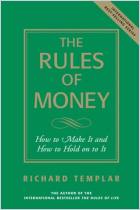
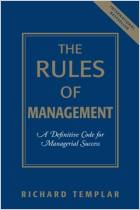

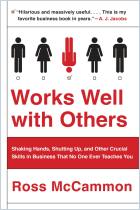
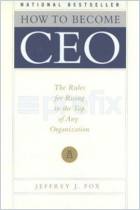

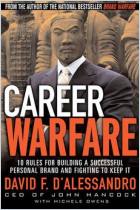
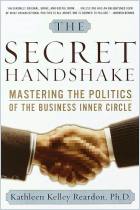

Comment on this summary